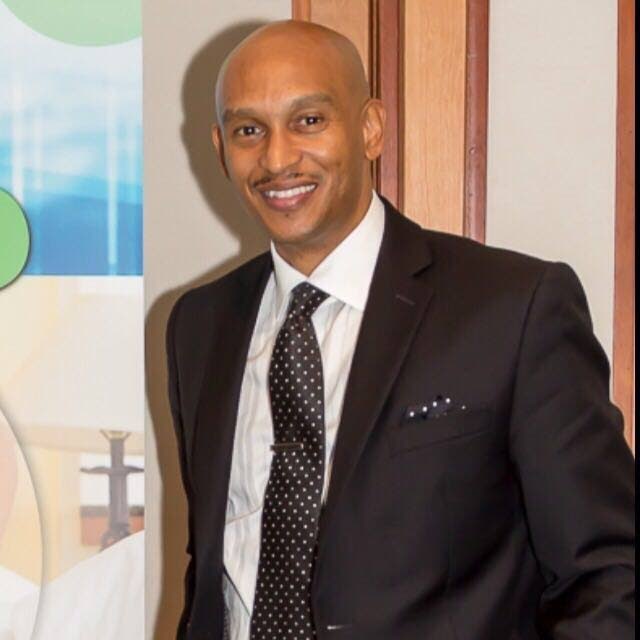Dangers of lack of sleep

THE 11th annual World Sleep Day, created and hosted by the World Sleep Society, is being celebrated today.
It is an internationally recognised awareness event that brings researchers, health professionals and patients together to recognise sleep and its important impact on our health.
The slogan for World Sleep Day 2018 is: Join the Sleep World, Preserve Your Rhythms to Enjoy Life, and it’s intended to emphasise the importance of circadian rhythms in healthy sleep, and inspired by the recent Nobel Prize in physiology or medicine assigned to three researchers who have dedicated their studies to circadian rhythms.
Certified respiratory therapist Gregory Arneaud, the founder and CEO of iSD Health Solutions, told Newsday: “We are into historic times, with 58 countries participating in this event because of the importance and the understanding of sleep and how it plays a role in our overall health concerns.”
Arneaud, the delegate for TT, explained circadian rhythms as “something that happens while we sleep. And if it is fragmented it affects the risk of us developing other health concerns.”
Circadian rhythms are cyclic events within the body such as rhythms in hormones, body temperature and alertness levels.
“Biological clocks from within the body produce circadian rhythms, but environmental factors such as sunlight also affect them,” said Arneaud, who also said over 100 million people suffer from sleep disorders worldwide, – an estimated 300,000 of them in TT – based on relationships to chronic illnesses such as diabetes, hypertension, cardiovascular disease, obesity, anxiety and depression.
“It is a huge contributor to mental health issues in children as well as adults. But more importantly, it affects memory, learning difficulties, weight-management concerns and hyperactivity in children, while in adults it more affects safety, especially with the ability to drive or operate machinery with a lack of sleep.”
Arneaud, who has been extensively involved in sleep apnea testing and treatment in TT and other Caribbean islands since 2006, also talked about sleep apnea.
“It is a particular disorder that we’ve spent a great deal of time in trying to educate the medical fraternities here, as well as individuals on what is its correlation to chronic illnesses.”
It is, he said, “probably one of the most under-diagnosed conditions worldwide and maybe 80 per cent of the people with sleep apnea don’t even know it. They never had a formal test, and this is not something that could ever be found through a routine blood test in a doctor’s office or a simple examination, because the body is under a completely different type of stress while asleep.”
Sleep apnea is a subject close to Arneaud’s heart, since his grandmother, who died in her 60s, had untreated sleep apnea and nobody recognised it. Later, when he went to become a respiratory therapist, he learnt more about the problem and the diagnostic tools to deal with it.
He said sleep apnea is not a sleeping problem, but rather a breathing problem that occurs during sleep. Other than a night of alcohol or super-tiredness, he said if you are snoring every night, that is a habitual problem.
Arneaud added: “Ninety per cent of the time when you are snoring habitually, that is when your airway passages are getting smaller, and it takes more air to get through the airway passage way, causing a vibration at the back of the palate, and that is where snoring comes from.”

Comments
"Dangers of lack of sleep"